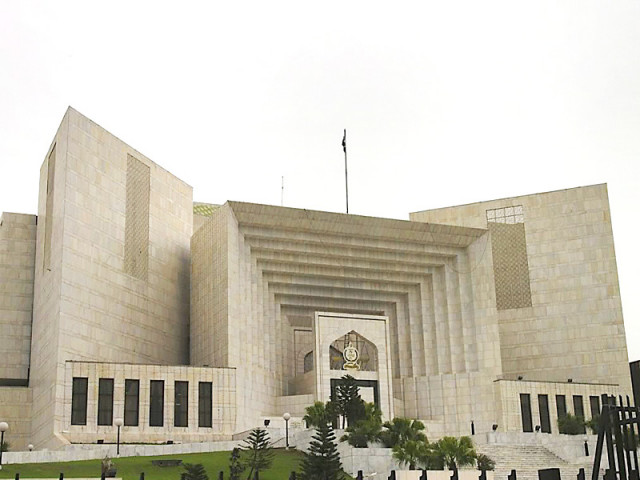Balochistan conundrum
The Supreme Court has decided that the best way to solve the Balochistan problem is by convening a grand jirga.

The Supreme Court may believe that empowering the tribal leaders will marginalise the separatists but it has overlooked the fact that the only way to dampen the ardour for separatism is by securing tangible concessions from the military. This is where the Court should be playing a constructive role by focusing on scrutinising human rights abuses in the province and showing that it can provide justice to those whose lives have been ruined by the establishment’s alleged involvement in the missing persons scandal.
Instead, the Supreme Court has decided that the most problematic actor is the civilian government, not realising that its hands are tied by the power of the military. The chief justice held the interior secretary and inspector-general of the province chiefly responsible for the violence in the province. While there can be no doubt that the government has been lax in implementing its Balochistan package, blaming only the civilians for unrest in the province will not allay the perception that in this particular case the apex court is perhaps not very interested in holding the military to the same standards it has set for the elected government. That perception will be corrected if the military is asked to explain its actions in the province.
Published in The Express Tribune, March 22nd, 2012.














COMMENTS
Comments are moderated and generally will be posted if they are on-topic and not abusive.
For more information, please see our Comments FAQ